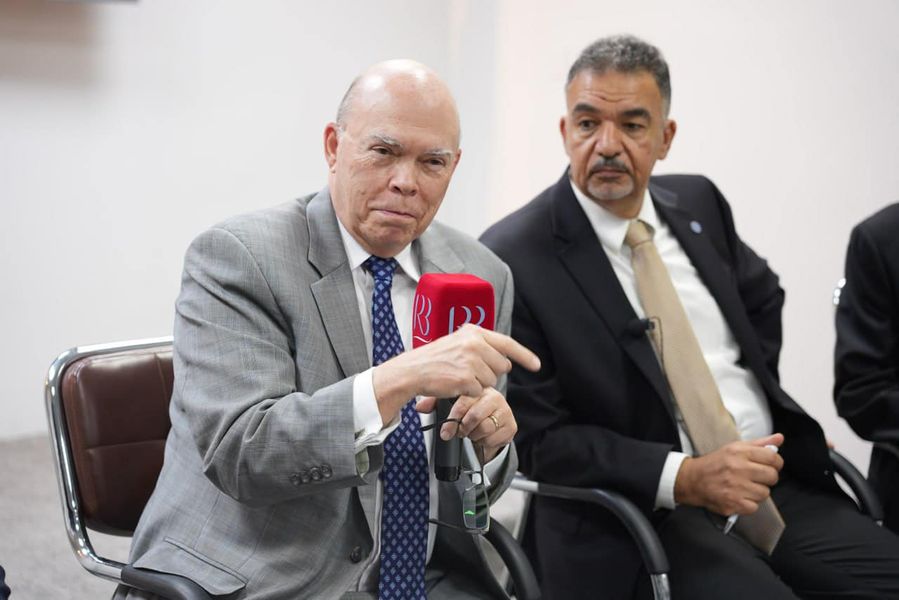 2023 / 13 / Oct
2023 / 13 / Oct
Two decades after the change in Iraq
The path of state building, complications, problems, and future prospects.
As the title of a symposium held by Rewaq Baghdad Center for Public Policy, in the presence of a team of researchers at the Atlantic Council that included Mr. Olin Withington, Ambassador David Mack, Dr. Ahmed Al-Tabqajli, and Dr. Abbas Kazem, and in the presence of the Undersecretary of the Ministry of Foreign Affairs for Political Planning, Dr. Hisham Al-Alawi,
Several topics were discussed in the symposium, starting with the strategies of the American administration since 2003, the Iraq war, the nature of the transitional phase, the military presence and withdrawal in 2011, and then its return after 2014.
The symposium discussed the nature of the new Iraqi political system and the problems and challenges that it faced and is still facing in the political, economic and social frameworks, as well as the geostrategic challenges, the nature of the regional axes in the region and Iraq’s position within it as an influential country affected by these complexities.
The symposium also discussed the nature of Iraqi relations between the United States of America, as well as the rest of the international powers, as well as Iraq’s relationship with the countries of the region, the specificity of each relationship individually, and the intersections and clashes it is witnessing in narratives and interests, what these complications impose on Iraq, and how to reach a solution. A state of stability and reconciliation in response to the fundamental and vital interests of Iraqi national security.
The symposium was moderated by Dr. Alaa Hamid Idris, and was attended by a group of researchers and officials, who enriched the session with their proposals through interventions, opinions, and questions directed to the main speakers.
The symposium was held at the Jaafar Abu Al-Taman Gallery, Rewaq Baghdad Center for Public Policy.